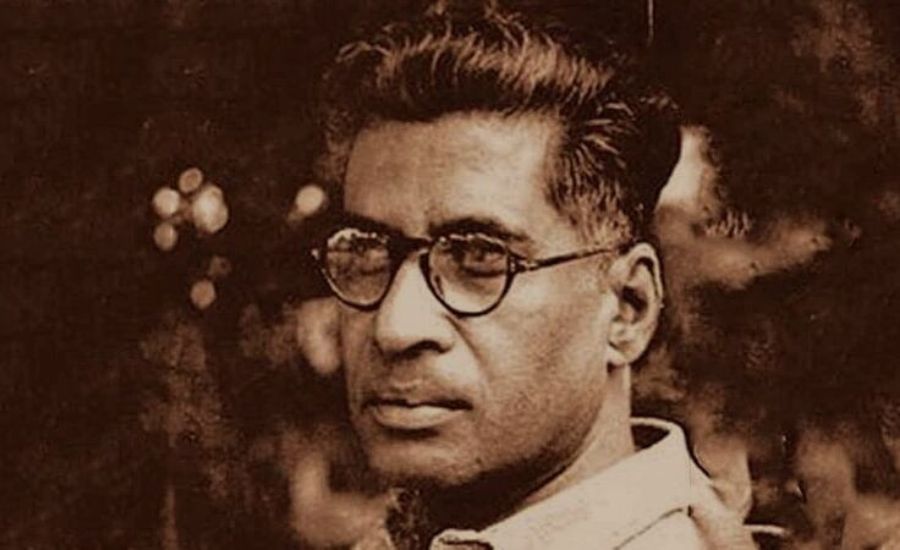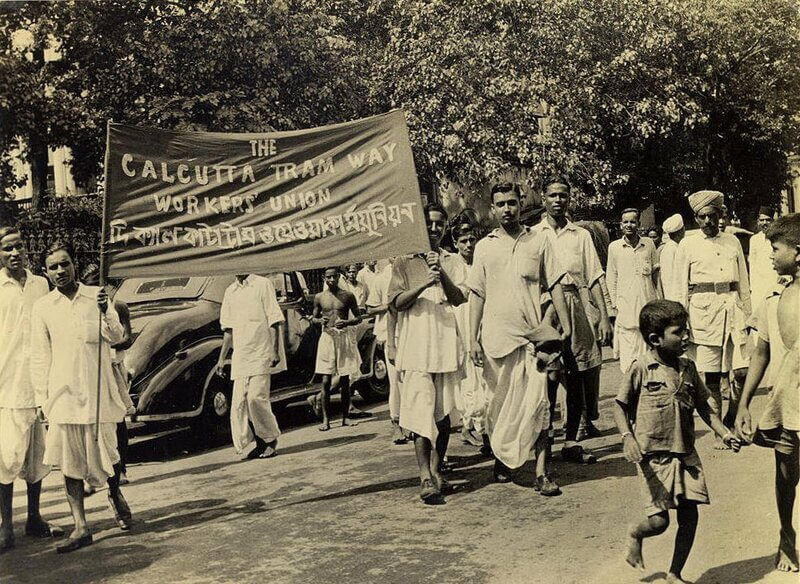
On 1 May, the world celebrated ‘May Day’ or ‘International Workers’ Day to commemorate the gains of the workers’ movements across the world. The fruits of this movement have led to the legal and constitutional codification of workers’ rights in many countries. The Indian Constitution, through Articles 41, 42, 43 and 43A provides a number of protections and welfare measures for Indian workers. Before the Constitution was enacted, a number of Historical Constitutions contained similar provisions. In this post, we look at one such Historical Constitution: Constitution of Free India: A Draft (1944).
The Draft was prepared by M.N. Roy, an Indian ‘revolutionary’ who played a key role in the communist movement in India. In a section titled ‘The Declaration of Rights and Fundamental Principles’, Roy lay down the rights of Indians which included those related to workers:
(m) An irreducible standard of living for all laboring in fields, factories, mines, transport, offices, and schools shall be guaranteed by minimum wages fixed by law.
(n) Adequately remunerative employment or relief is a right of citizenship.
(o) Nobody shall labour for more than eight hours a day, for six days a week, and every worker shall be entitled to one month’s leave with full pay every year, and women workers to three months maternity leave with full pay.
(t)the right of association for the purpose of safeguarding and amelioration of economic conditions and the political status of workers, employees, and peasants shall be guaranteed.

Two strands of Roy’s constitutional approach to worker rights is notable. The first, Clause (n), declares that “adequately remunerative employment or relief is a right of citizenship.” Roy’s framing is particularly significant. Unlike most formulations of the time which treated employment as a socio-economic guarantee, Roy appears to embed it in the very notion of citizenship. For him, remunerative employment is not merely a policy goal but a core constitutional right—on par with free speech or equality. This is a novel articulation of workers’ rights that is absent in other Historical Constitutions.
Second, Clause (t) guarantees “the right of association for the purpose of safeguarding and amelioration of economic conditions and the political status of workers, employees, and peasants.” This provision is strikingly progressive. Most historical documents of the period, such as the Nehru Report (1928) and the Karachi Resolution (1931), recognize the right to form associations primarily for economic welfare. Roy, however, explicitly acknowledges workers and peasants as political actors with a right to organize not just for better wages or working conditions, but for influencing political outcomes.
These two features of Roy’s constitutional protections for workers make the Draft rather novel from the workers’ rights found in other Historical Constitutions like the Nehru Report 1928 and the Karachi Resolution 1931. The Draft indicates the centrality of workers’ rights in Roy’s constitutional vision drawing from his wide political work in the Indian labour and communist movements.
